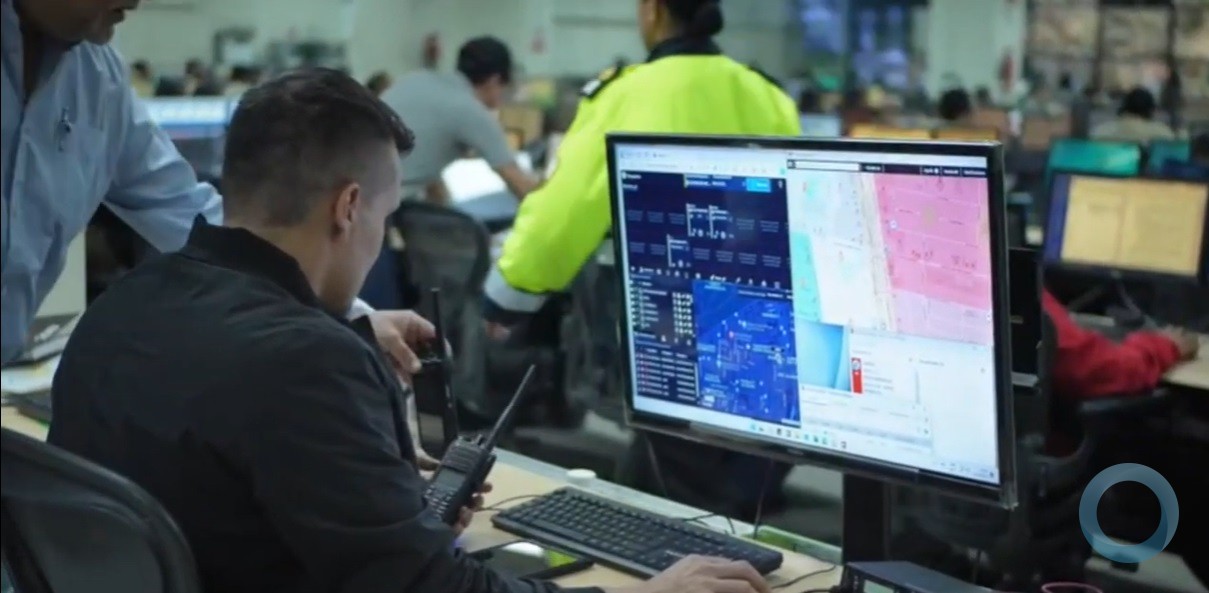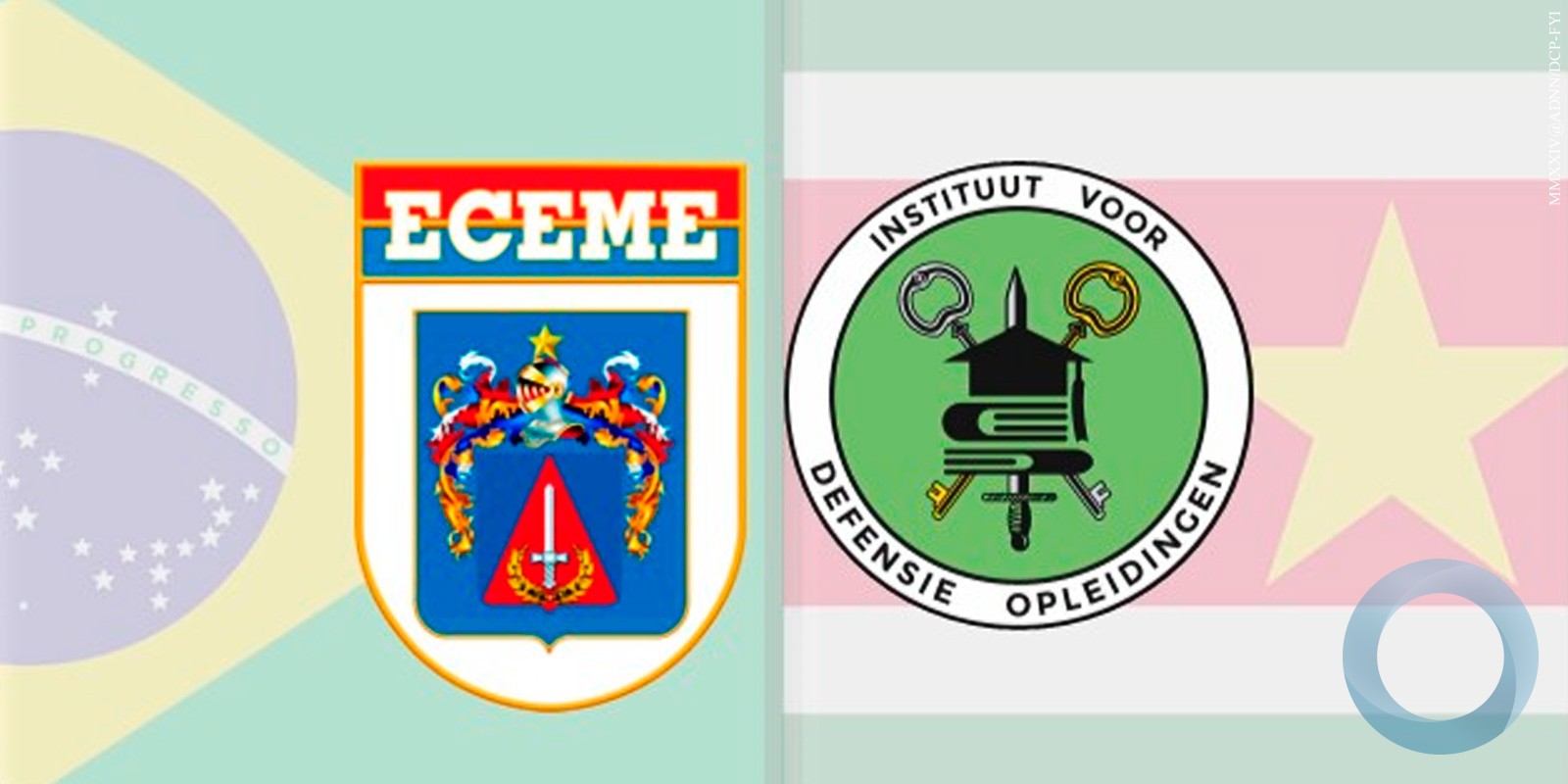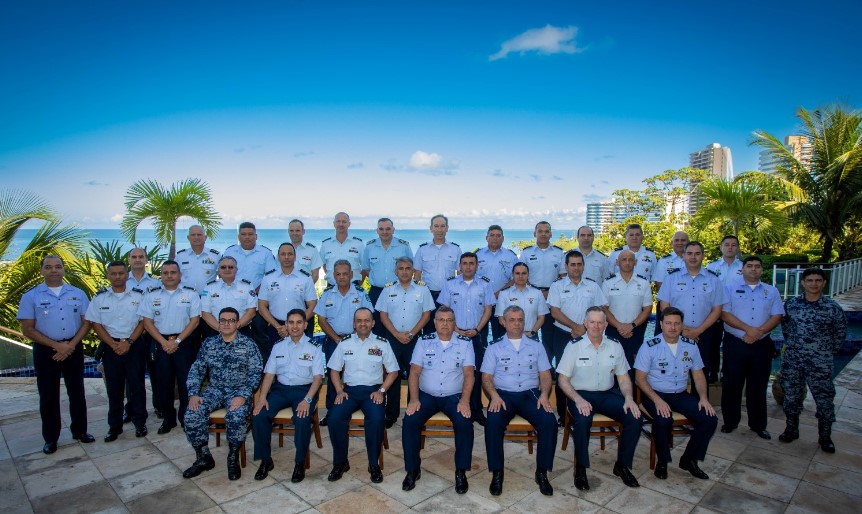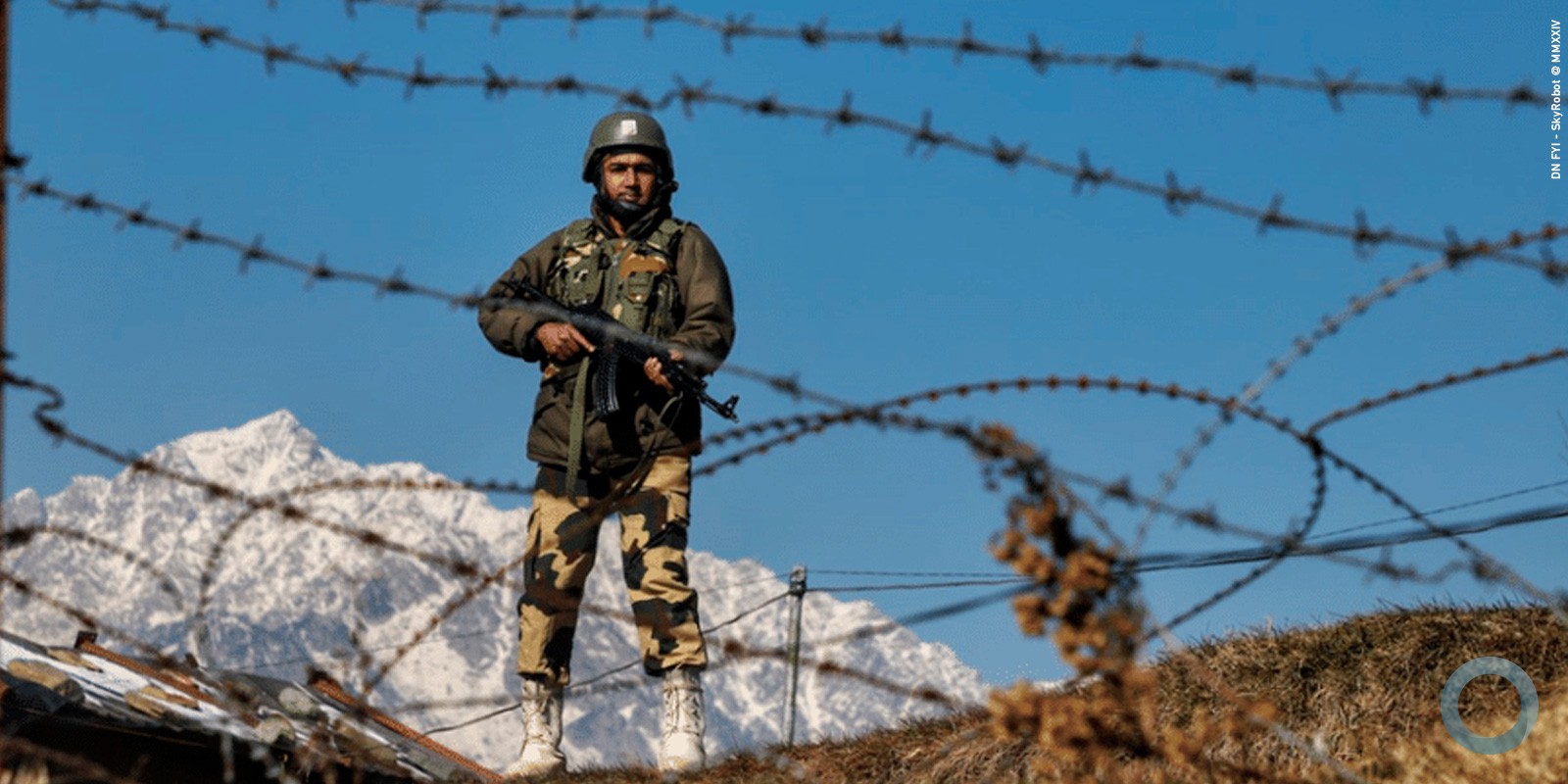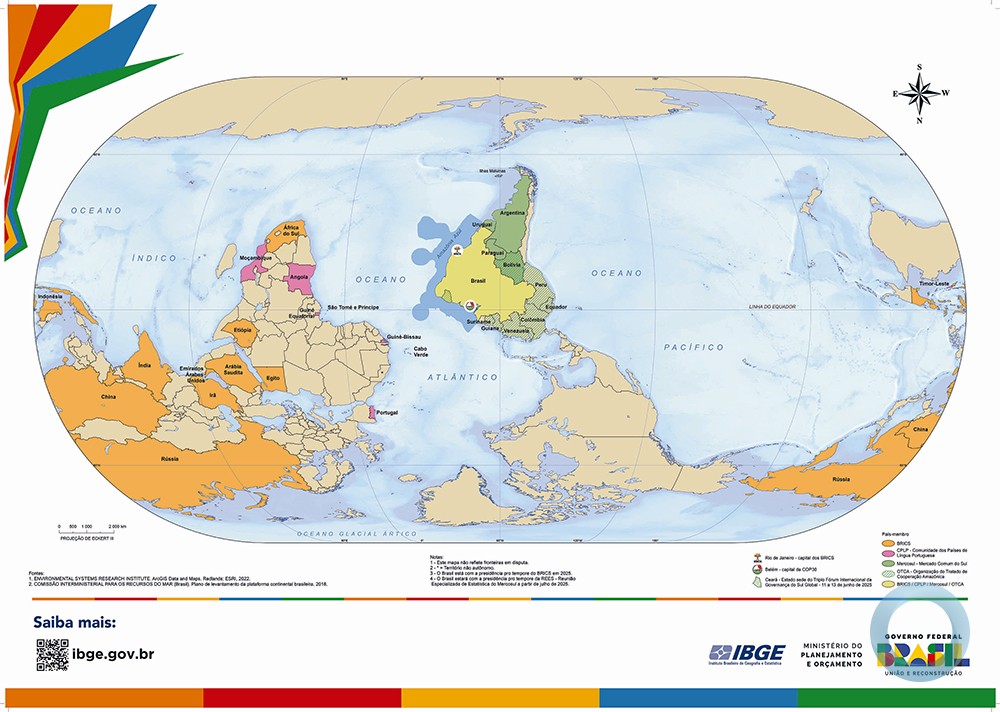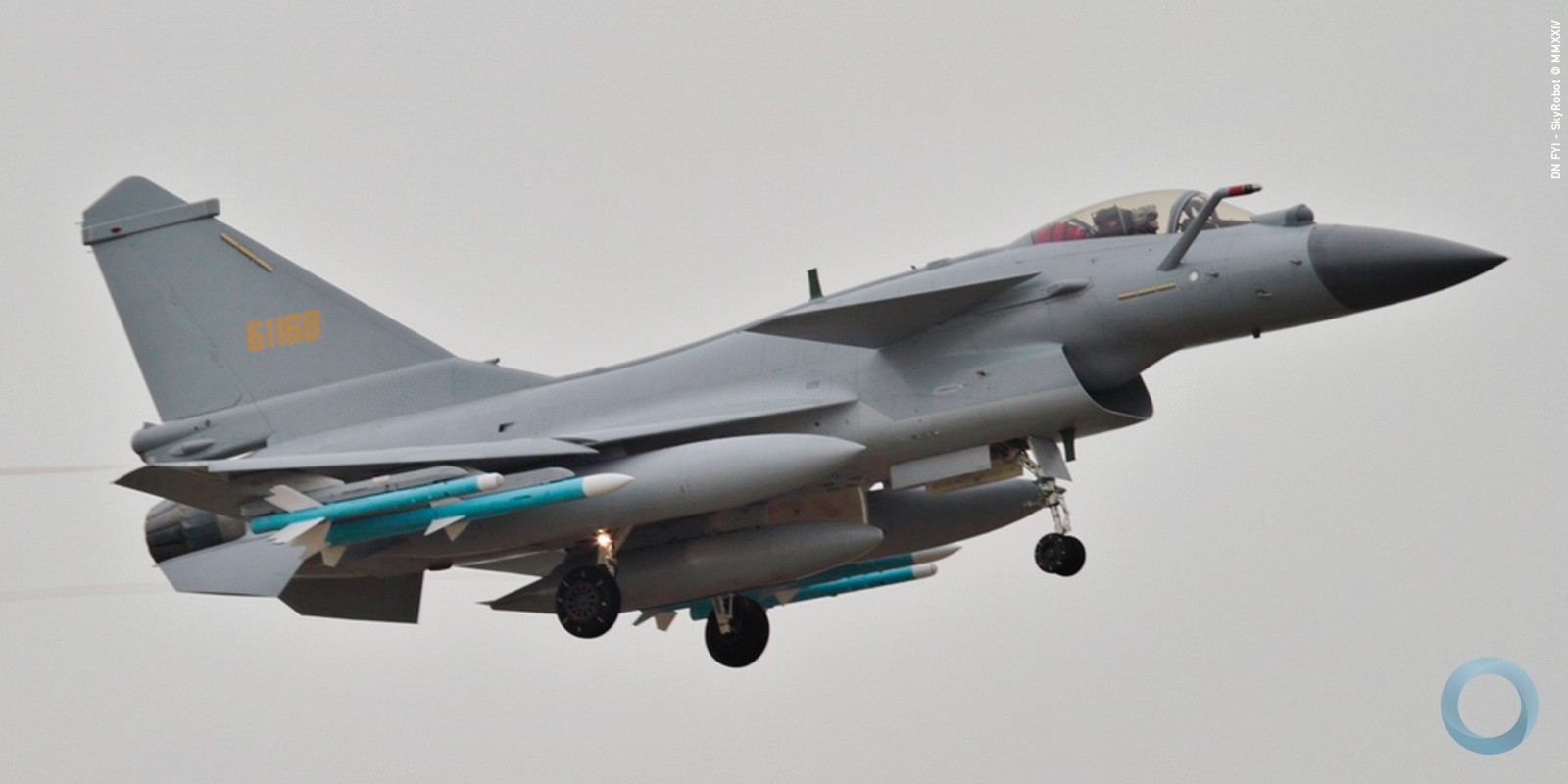César Modesto
A thousand Soldiers from the Brazilian Army’s 1st Jungle Infantry Brigade deployed along the country’s northern border to fight crime and reinforce the Armed Forces’ presence in the region from September 8-17.
Their efforts marked the sixth iteration of Operation Curare, named after the poison used by the indigenous people of the Amazon on the tips of their arrows when hunting. The Army has been providing security patrols and civic programs within the framework of the Curare operations since 2007 – three years before Troops began focusing on fighting criminal enterprises and environmental crimes in the Amazon border region.
During the operation, the unit – which is also known as the Lobo D’Almada Brigade – destroyed 12 barges and four clandestine landing strips that organized crime groups had been using to support illegal mining. The Army also seized about 1,200 cubic meters of illegal timber, as well as vehicles, fuel, and various equipment, including hoes, machetes, and axes used by suspected criminals to illicitly harvest timber, and arrested one suspect for the illegal possession of a firearm.
“The patrols were conducted by 30 vehicles, eight vessels, and two helicopters from the 4th Army Aviation Battalion,” said Major Rodrigo Luiz, an officer from the Lobo D’Almada Brigade. “Diversion and smuggling, illegal plant and mineral extraction, and drug trafficking are the most common border crimes.”
Patrols and civic actions
In addition to the security patrols, Operation Curare VI also carried out civic actions by providing medical and dental care, medicine, oral health kits, school maintenance services, educational lectures, and recreational programs for children in indigenous and isolated communities.
About 300 families – approximately 1,400 people – from the communities of Santa Maria do Boiaçú, Truarú, and Jacamim benefited from these civic programs, which were provided by 80 Soldiers, two doctors, a general practitioner, a gynecologist, a dentist, and two volunteer dentistry students.
“This edition [of the operation] was directed at communities that are difficult to access – only by plane or boat,” Maj. Luiz said.
Maximizing Military resources
Due in part to that limited access, Troops relied on extensive cooperation from a wide range of government agencies including the Federal Revenue Service, the Federal Police, the Federal Highway Police, the Military Police of Roraima, the National Department of Mineral Production, and the Brazilian Institute for the Environment and Renewable Natural Resources (IBAMA).
Operation Curare VI also featured the unprecedented participation of students and instructors from the Jungle Warfare Training Center (CIGS), which is headquartered in Manaus, the capital of Amazonas state.
“Acting in an episodic and simultaneous manner, a team in the northwest of Roraima located and neutralized a landing strip, while another team in the south combated illegal logging and blocked the borders. These were targeted and surgical actions.”
Troops, CIGS students, and instructors operated in inhospitable terrain, which poses the biggest challenge for security forces along the 1,922-kilometer border that Brazil shares with Venezuela and Guyana, according to Diego Milléo Bueno, IBAMA’s superintendent in the state of Roraima.
“It is only possible to reach some of these regions with the help of planes or boats, but there is also a lack of human and financial resources, given the enormous size of the borders.”
Nevertheless, the Troops, students, and instructors completed several successful operations. On September 8, for example, Soldiers from the Lobo D’Almada Brigade destroyed a clandestine airstrip known as “Noronha,” which served crime operatives used to support illegal mining on the Yanomami indigenous territory. And the following day, Troops dismantled 12 illegal mining barges while conducting river patrols along the Uraricoera River in the municipality of Amajari; additionally, Army Intelligence Service used 40 kilograms of explosives to destroy a landing strip known as the "Valmor" near the Mucajaí River. Soldiers also dismantled two other landing strips – the “Auaris” and the “Serra da Beleza.”
The operation continued on September 11 when Soldiers seized about 700 cubic meters of illegal timber worth about $160,000 Reals (41,088 U.S dollars) that they found while patrolling the back roads of the municipality of Rorainópolis, according to IBAMA. Troops also arrested one suspect for the illegal possession of a firearm and seized a truck, a tractor, and equipment that criminals used in the illegal logging operation.
While providing environmental education was not the primary goal of Curare VI, “IBAMA seeks to carry out work that raises the population's awareness about the environmental problems from the misuse of natural resources,” Superintendent Bueno said.
To leave an anonymous tip, please contact IBAMA’s toll-free:
Linha Verde (Green Line) hotline, at 0800-61-8080 (only in Brazil)
or email linhaverde.sede@ibama.gov.br ,
or contact officials through the website ibama.gov.br/ouvidoria .





